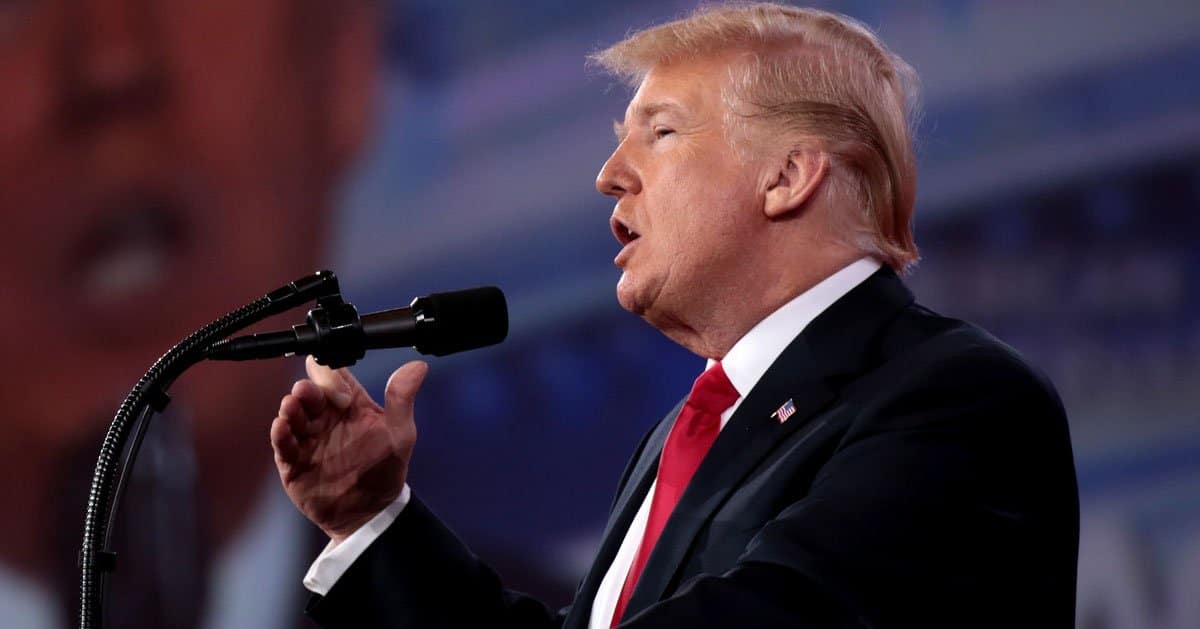






Jeffrey Epstein’s 2019 death in a federal cell, officially a suicide, still stirs suspicion and whispers of cover-ups. Conspiracy theories swirl, fueled by broken cameras and absent guards, with even his former lawyer suggesting jail staff might have lent a hand.
In 2019, Epstein, a financier tied to a sprawling sex trafficking ring, died in federal custody, ruled a suicide by authorities. Ghislaine Maxwell, his former partner, remains the only convicted conspirator, now serving 20 years in Florida.
Fox News reported that a federal probes, including a recent July 2025 memo, stick to the suicide narrative, dismissing talk of a shadowy "client list."
Epstein’s sordid saga began long before his death, with high-profile events like attending the 1995 "Batman Forever" premiere alongside Maxwell. By 2005, he was rubbing elbows at the Radar magazine launch in New York.
These glitzy moments masked a darker reality: over 1,000 victims, far more than initially known, suffered in his trafficking web.
Alan Dershowitz, Epstein’s ex-lawyer, penned a Wall Street Journal op-ed, doubling down on the suicide ruling. "It is clear from the evidence that Epstein committed suicide," he wrote, but then tossed in a curveball: jail staff might have helped. Broken cameras, a transferred cellmate, and missing guards raise eyebrows, even among conservatives wary of conspiracy traps.
Dershowitz’s claims aren’t baseless, but they’re a tightrope walk over a swamp of speculation. The absence of security footage and Epstein’s looming bail push keep skeptics, including his brother, rejecting the official story.
Progressives might call this MAGA-fueled paranoia, but unanswered questions don’t vanish just because the woke crowd demands closure.
Dr. Michael Baden, a respected pathologist, independently observed Epstein’s autopsy, adding weight to the suicide conclusion.
Yet, the lack of video evidence and odd jailhouse lapses feed doubts. When the system fails this hard, it’s no wonder people suspect a setup, even if hard proof stays elusive.
A July 2025 FBI and Justice Department memo reaffirmed Epstein’s death as self-inflicted. No "client list" exists, they said, shutting down fevered talk of a bombshell roster of elites. But accusers named names to the FBI, and those names remain sealed, locked away by federal judges.
Dershowitz claims he knows who these alleged "clients" are, but swears none hold current office. "I know who they are," he teased, while admitting, "We don’t know whether the accusations are true." This coyness frustrates those demanding transparency, as the left’s obsession with secrecy only stokes distrust.
The media, Dershowitz argues, should push courts to unseal these names. "The media can and should petition the courts for the release of all names and information," he urged. It’s a rare point where conservatives and truth-seekers align: sunlight’s the best disinfectant, even if it risks exposing uncomfortable allies.
Ghislaine Maxwell, Epstein’s confidante, carries the lone conviction in this mess, sentenced to 20 years at FCI Tallahassee. She’s appealing, but the clock ticks slowly for her victims, over 1,000 strong, whose stories dwarf initial estimates. The scale of Epstein’s crimes, enabled by wealth and connections, still shocks.
Maxwell’s role as Epstein’s enabler cements her as a villain, but the lack of other convictions grates. The progressive push to move on ignores the victims’ need for justice. Conservatives, rightly skeptical of elite cover-ups, keep pressing for accountability, even if it ruffles feathers.
The sealed names of alleged clients, known only to a few, remain a sticking point. Federal judges hold the keys, but neither prosecutors nor private lawyers can unlock them. This opacity fuels the right’s distrust of a system that seems to protect the powerful while victims wait.
Epstein’s brother and others reject the suicide label, pointing to jailhouse irregularities. Broken cameras and absent guards aren’t just sloppy—they’re suspicious. Yet, the feds’ consistent rulings and Dershowitz’s own words lean hard into suicide, challenging even MAGA’s healthy skepticism of official narratives.
The absence of a "client list" doesn’t mean there’s nothing to hide. Accusers’ sealed testimony naming names suggests a broader web, but without public access, speculation fills the void. The left’s dismissal of these concerns as conspiracy nonsense only deepens the divide.

